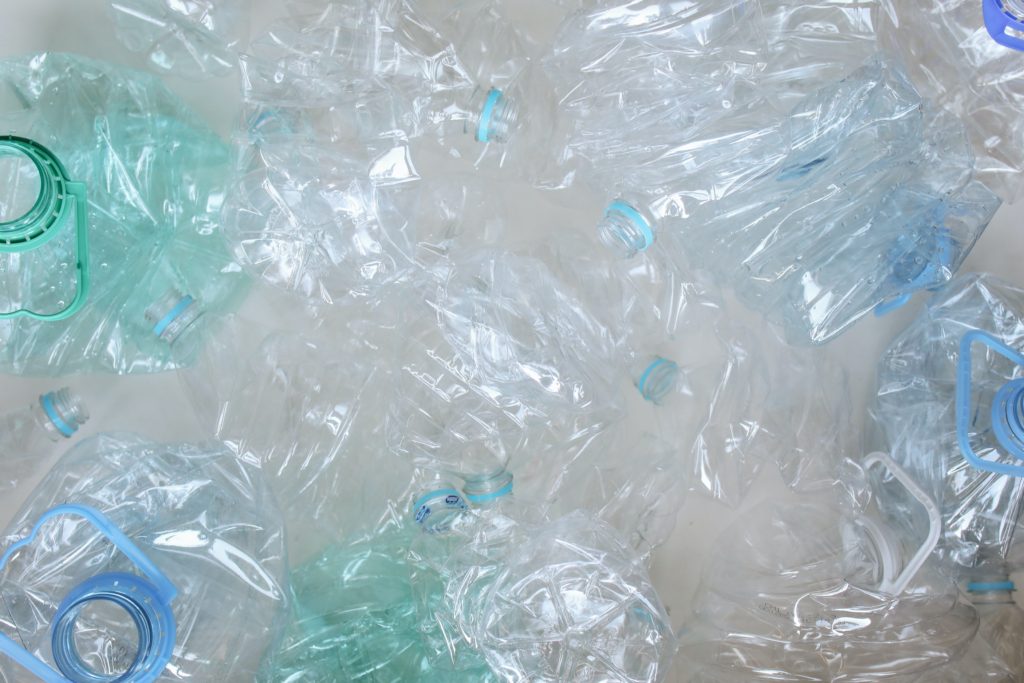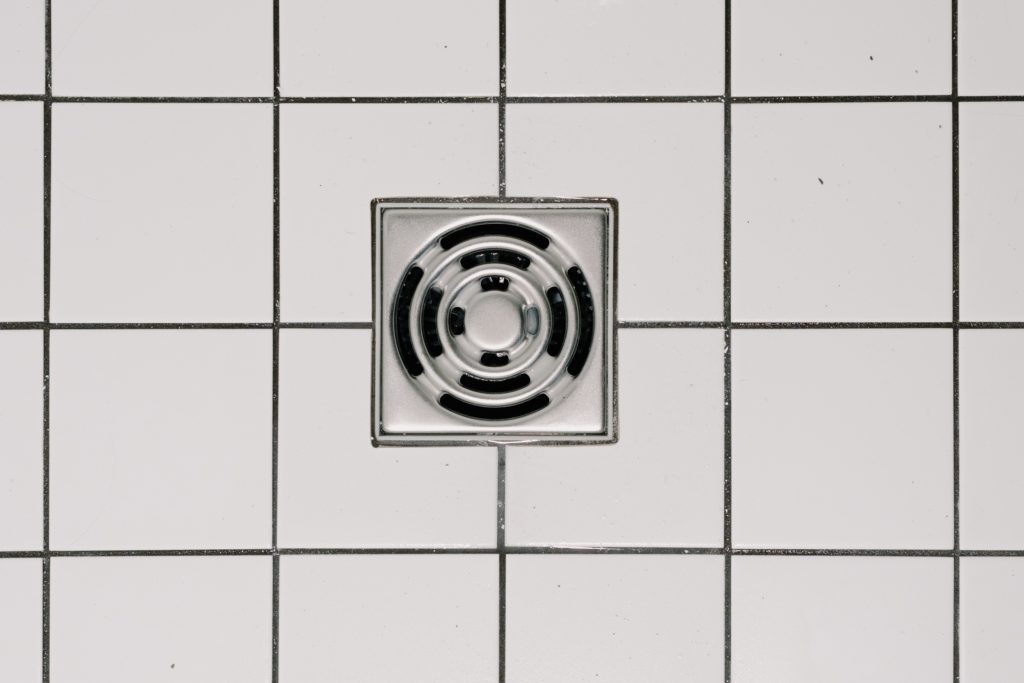With summer about to come to an end, we’re all enjoying our days off, relaxing on the beach. Or, if you don’t live by the coasts, perhaps you’re dreaming of that beach vacation you plan to take someday.
We all romanticize the ocean and love its beautiful restorative qualities. The fact is, however, that our everyday actions don’t always reflect that love.
The ocean covers more than 70% of the earth’s surface. It has a huge effect on our global climate, and other aspects of daily life you may not even be aware of.
That’s why today we are talking about why the oceans matter, and what we can do as Well Citizens to protect and preserve them.
Oceans and Climate

If you don’t live near an ocean, you may not think about what a drastic effect it can have on the weather near you. In truth, oceans affect the climate across the whole globe.
Oceans absorb the majority of the solar energy that comes to earth. That energy is then slowly released over the course of months. It also absorbs a great deal of the carbon dioxide that is released into the atmosphere. Phytoplankton then converts this into carbohydrates that will eventually release oxygen.
All of these processes are vital when it comes to creating a sustainable climate. These days, as temperatures are rising, the oceans are absorbing more heat and carbon dioxide than ever. This slows the effects of global warming for those of us who live on land. For the plants and animals that live in the ocean? There have been serious consequences.
Popular attractions such as the Great Barrier Reef have already seen devastation. Almost half of the existing coral has been lost due to rising water temperatures. This is a pattern that can be seen across the globe.
Warm water circulating has also led to ice from the poles melting at alarming rates. The melting ice could eventually lead to a change in ocean currents, which would fundamentally alter the climates of many places in the world.
Oceans and Our Life On Land

It’s not just our climate that might change, due to warming oceans. Many of the things we take for granted could change as well.
That delicious sushi dinner you were planning on, for example. Many cultures rely on seafood as a staple of their diet. Overfishing, pollution, and rising temperatures are all contributing to many popular fish making their way onto the endangered species lists.
The ocean doesn’t just provide food. It also gives us many ingredients that are used to make vital medications. These drugs help treat everything from Alzheimer’s to cancer.
But What Can I Do?
When you read all these facts and statistics, it can be easy to feel overwhelmed. It’s an overwhelming situation. While none of us can solve this problem as individuals, there are steps we can take to help ensure the health and safety of our oceans, for years to come.
Get Rid of Single Use Plastics

Single-use plastics are some of the biggest pollutants. Some studies claim that roughly a garbage truck’s worth of plastic ends up in the ocean every minute. Yup, you read that right. Every minute.
Those plastics will never go away. They will only break down into microplastics, which will be consumed by marine creatures, and humans, too.
Instead, switch to reusable or biodegradable alternatives in your home. Encourage local businesses to make more eco-friendly choices, as well! Things like disposable cutlery, to-go containers, straws, and coffee cups can all wreak havoc on the oceans.
Be Aware of What You Pour Down The Drain

It can be tempting to reach for that bottle of bleach when you are cleaning your house. Or your favorite laundry detergent. The fact of the matter is that all those products will get rinsed down the drain and directly into our water systems.
We all use an excess of chemicals every day, whether it is via cleaning products or cosmetics. Instead, consider choosing eco-friendly, biodegradable alternatives.
Reduce Your Carbon Footprint

In order to prevent ocean warming, our entire planet needs to produce less carbon dioxide. You can start to help from the comfort of your home.
Switching to more energy-efficient appliances and heating systems is a great start. Reducing the amount of electricity you use, using public transport, and shopping local all make a huge difference for your personal carbon footprint.
Talk to Your Local Representatives

It may sound cliche, but talking with your local representatives is one of the best things you can do to help the oceans. We need big policy changes, and representatives are unlikely to make them unless they feel that they have the support of their constituents. Many might not even be aware of how much of our lives the ocean affects!
It will take many years of group efforts to reverse the harmful effects humanity has had on the ocean. That is no reason not to start as soon as possible though! Together, we can make sure that our actions towards the ocean match the love we have for it in our hearts.






